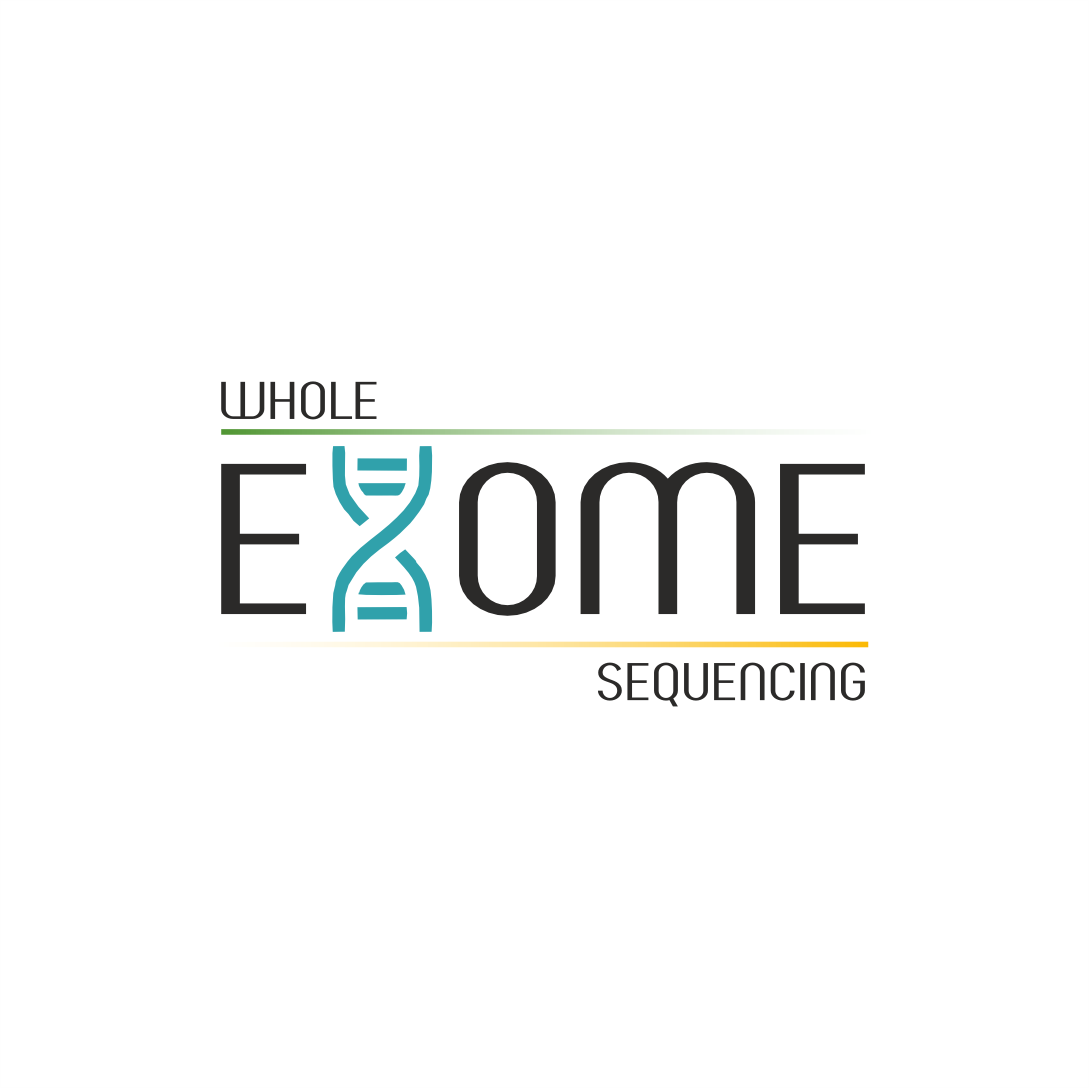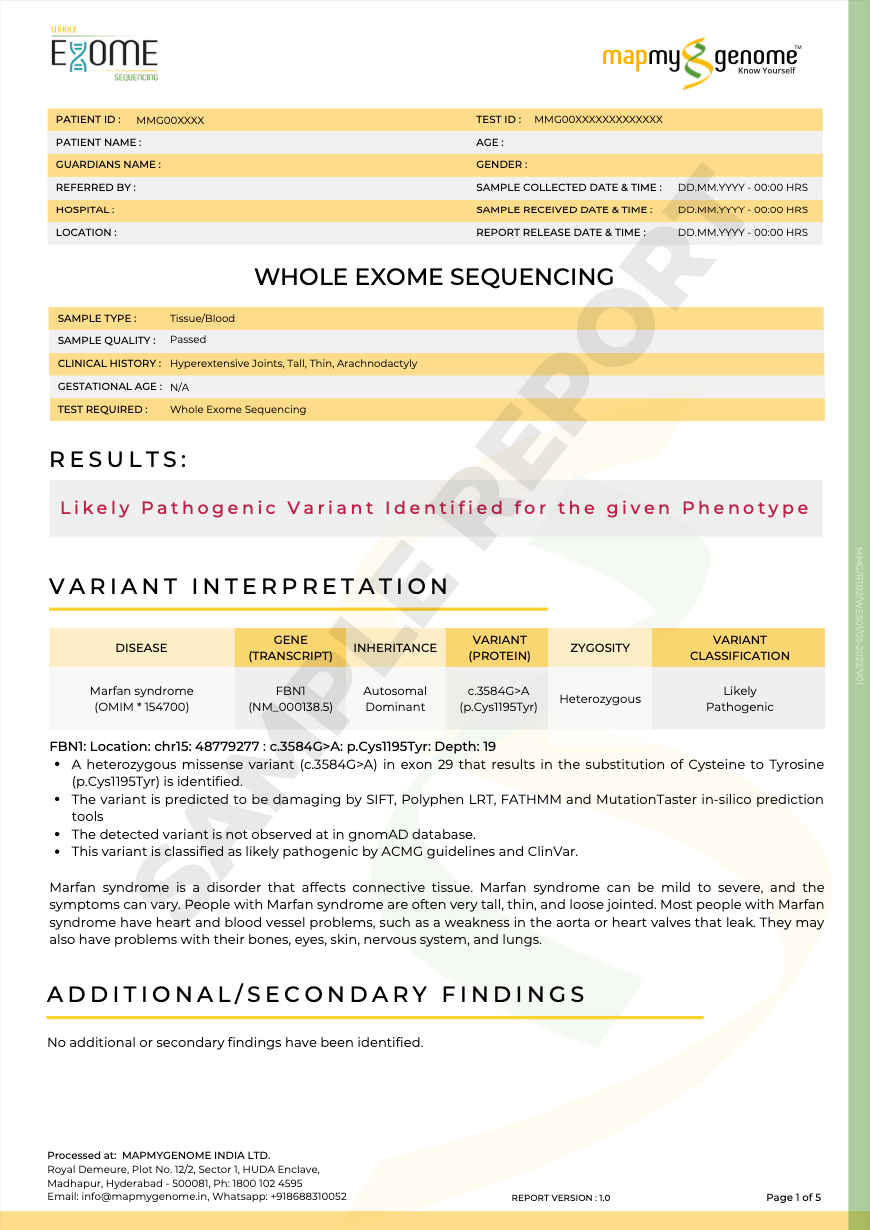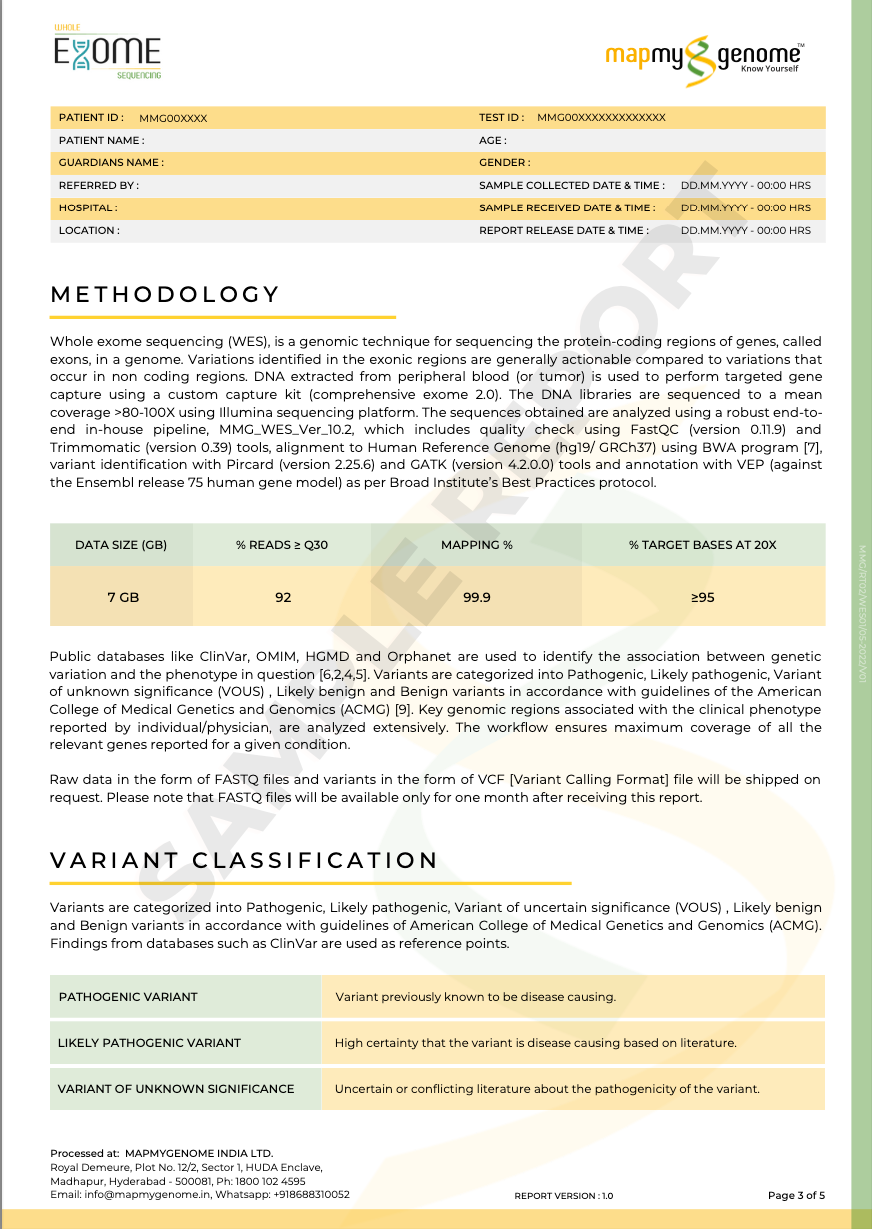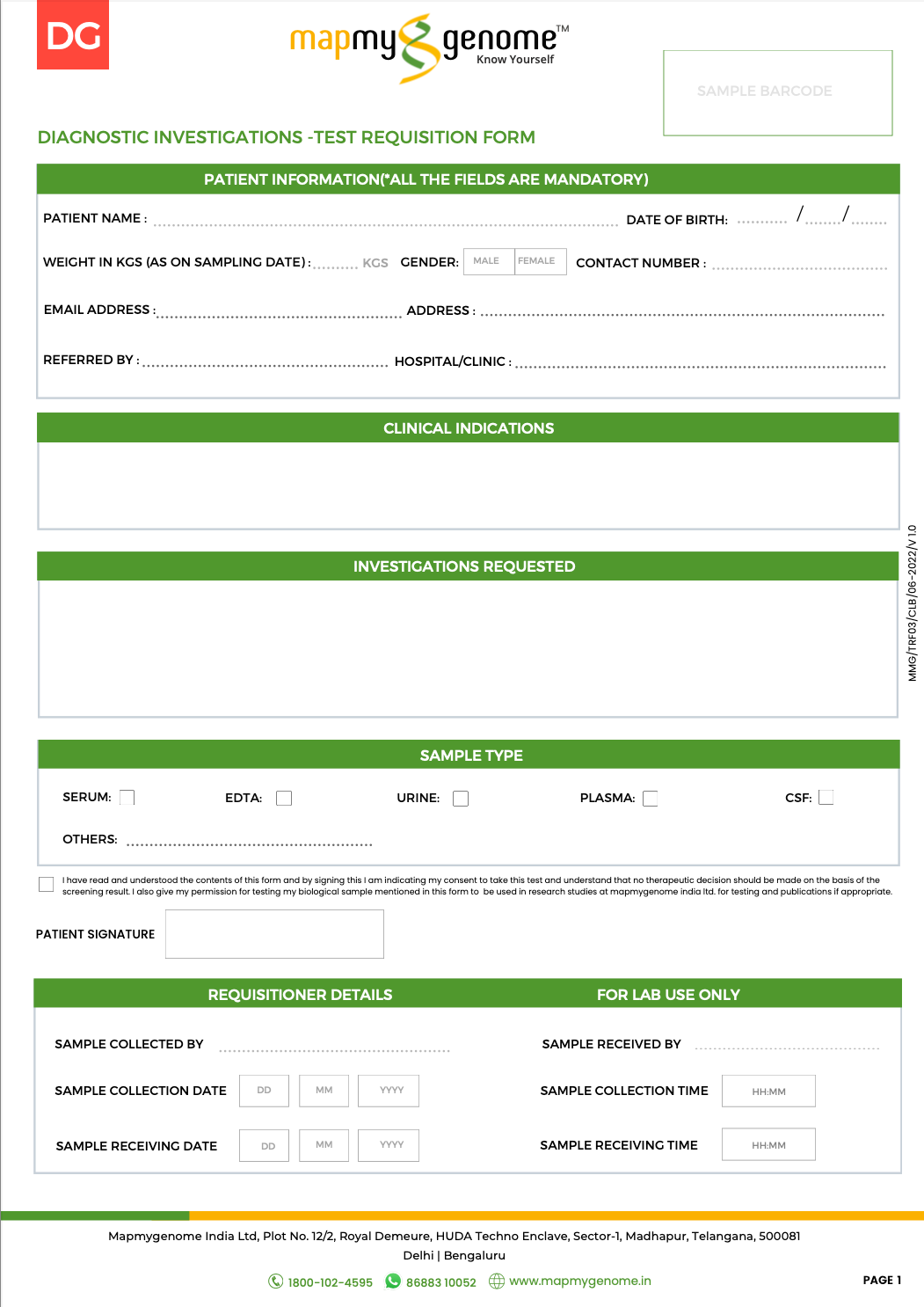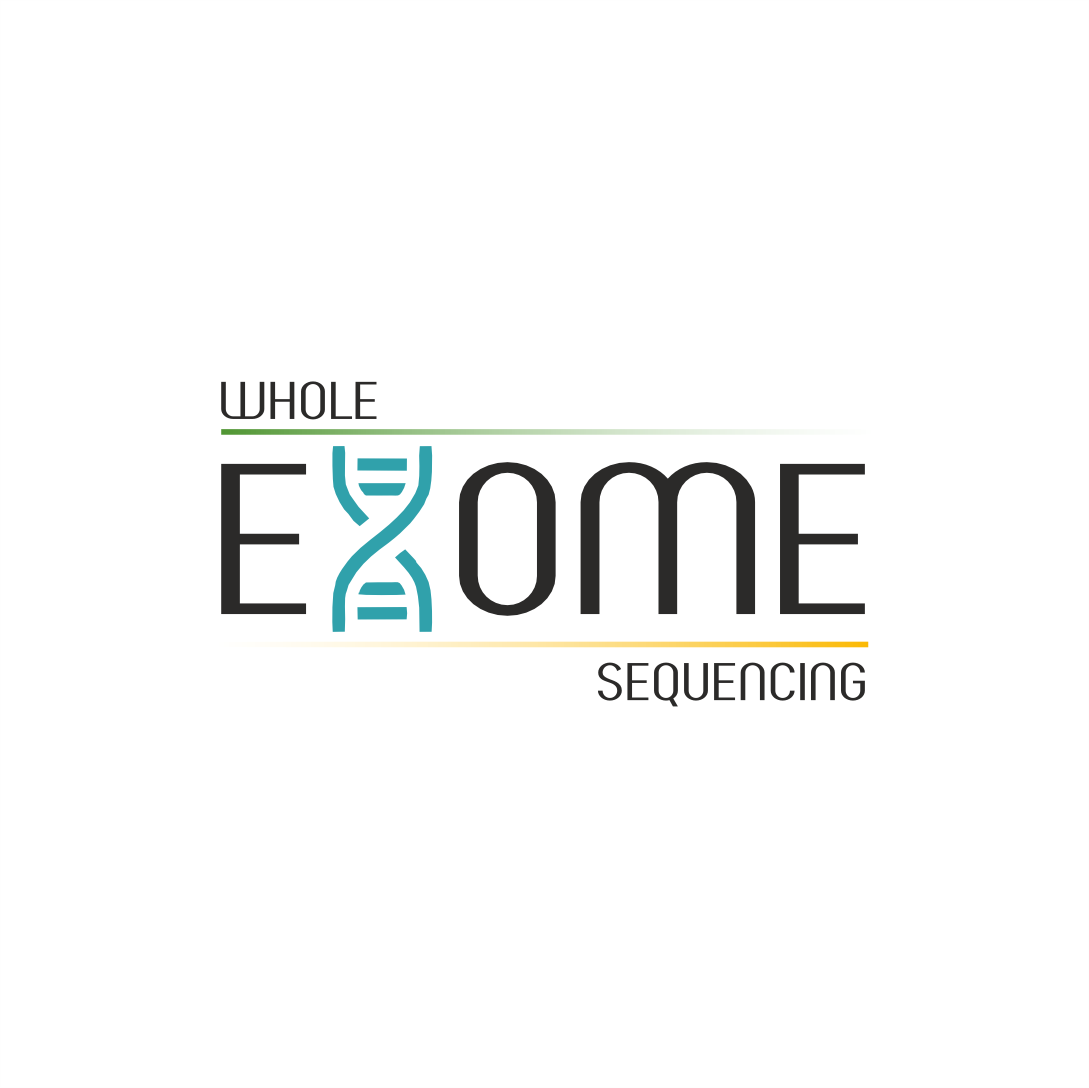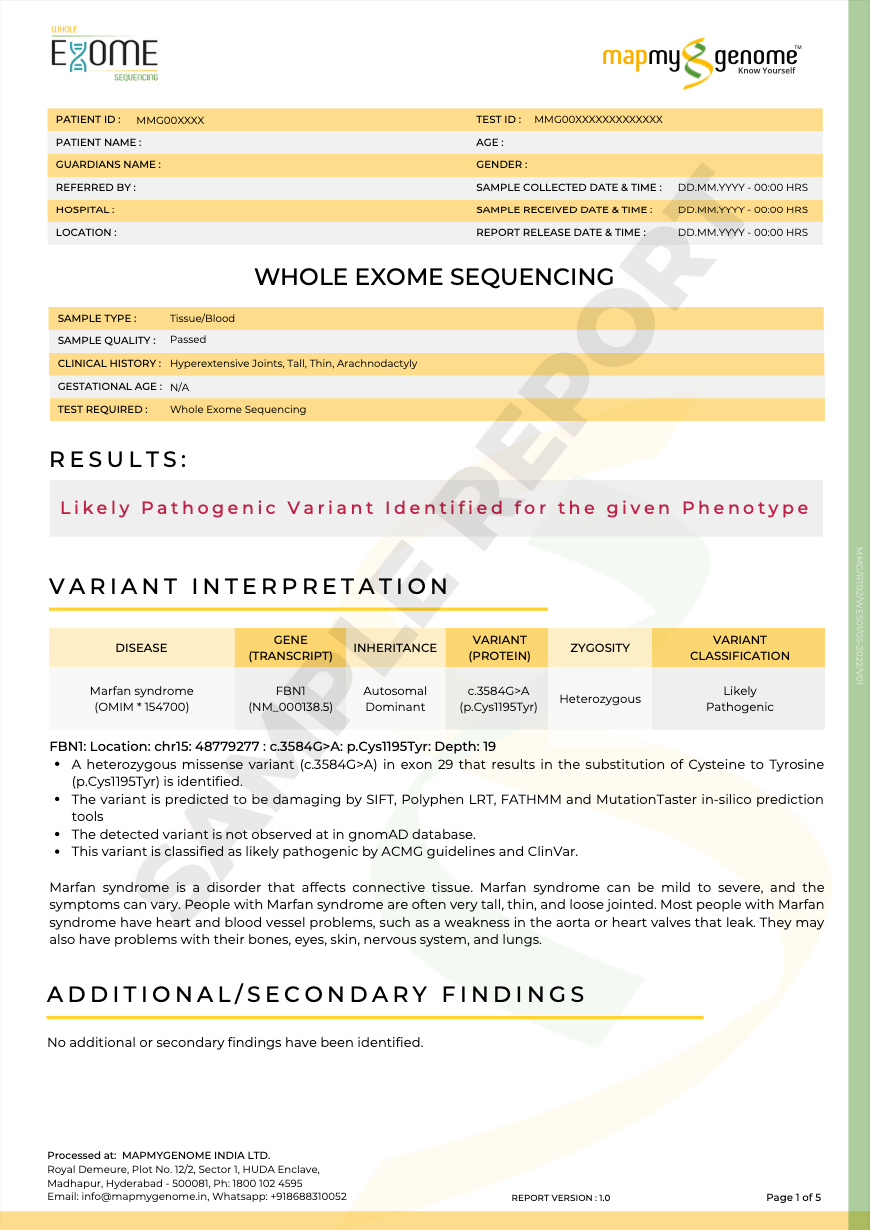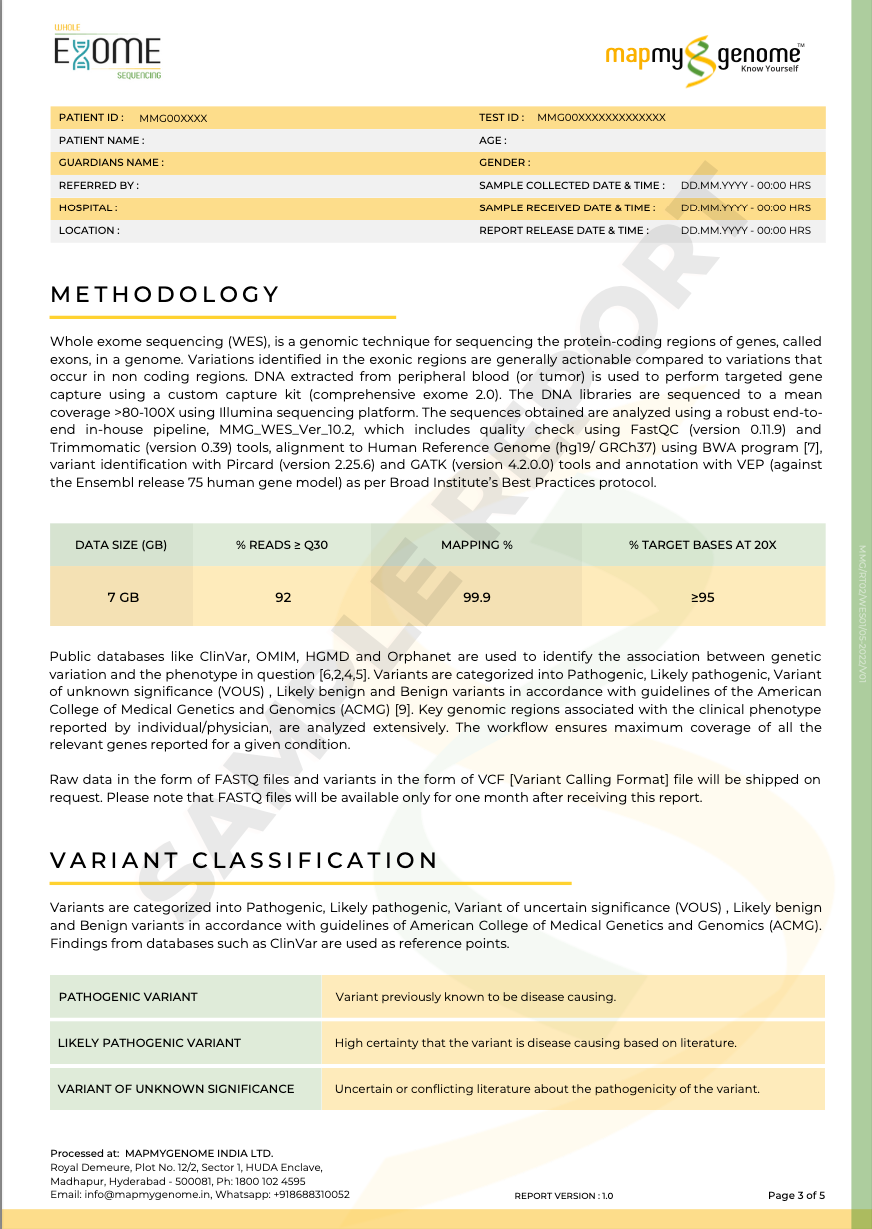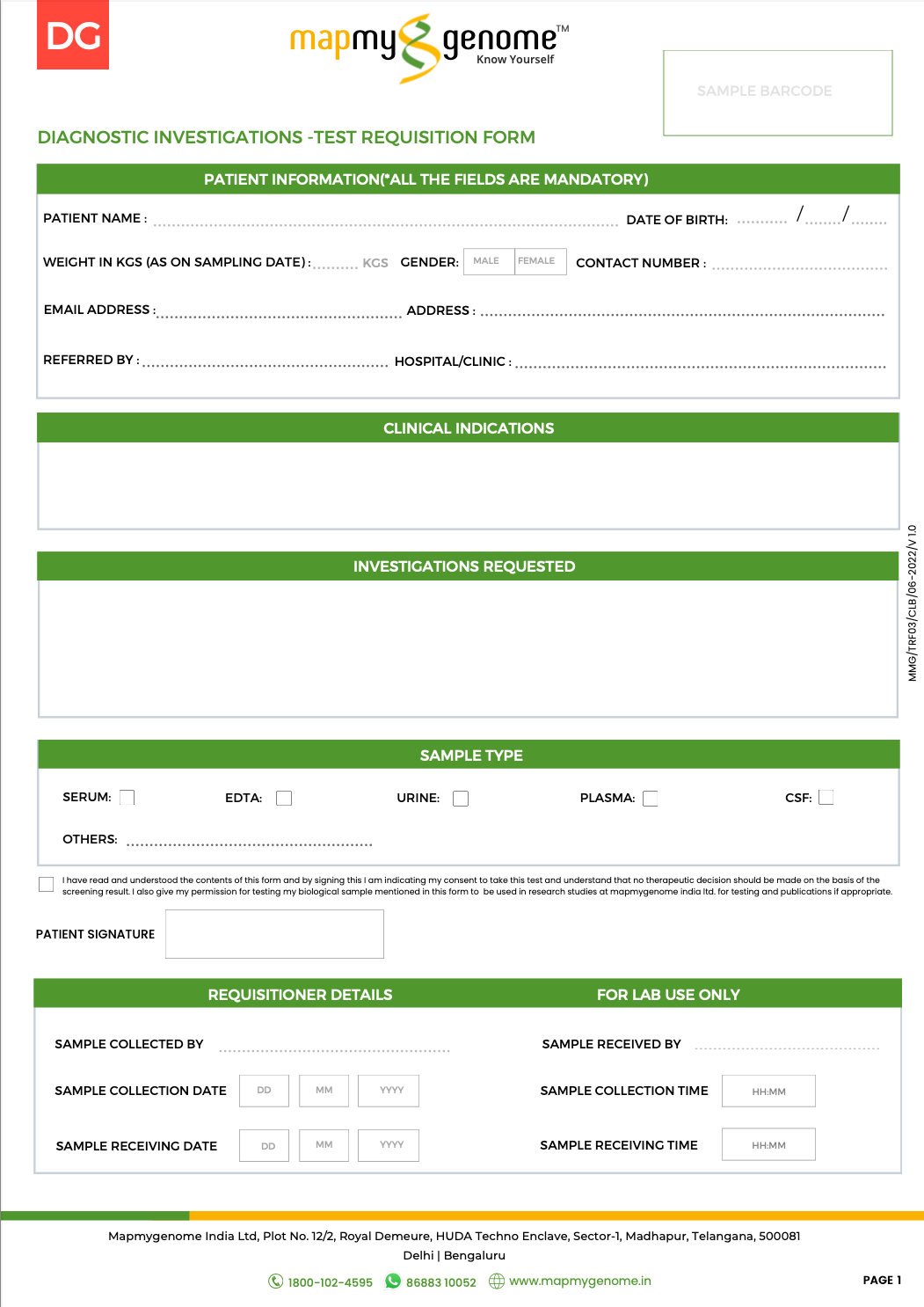During her budget speech, Finance Minister Nirmala Sitharaman announced the exemption of customs duty on three cancer medications: Trastuzumab Deruxtecan, Osimertinib, and Durvalumab. Notably, Trastuzumab Deruxtecan targets HER2-positive cancers, highlighting the growing importance of genetics in cancer treatment. While Osimertinib is used to treat non-small cell lung cancer with a specific EGFR gene mutation, and Durvalumab boosts the body's immune response, these medications showcase the diverse ways in which cancer is being tackled.
The advent of genetics has revolutionized cancer treatment over the past few decades, ushering in an era of personalized medicine. By understanding the genetic basis of cancer, researchers and clinicians are developing targeted therapies that specifically address the unique characteristics of each patient's tumor, leading to improved treatment efficacy and reduced side effects. Let's delve deeper into this transformative shift in cancer care.
Targeted Therapies: Precision Strikes Against Cancer
Targeted therapies, designed to zero in on specific genetic mutations driving a patient's cancer, represent a major advancement in cancer treatment. These therapies offer a more precise and often less toxic approach compared to traditional chemotherapy.
- HER2-Positive Breast Cancer: The HER2 protein, often overexpressed in some breast cancers due to genetic mutations, is a key target for therapies like Herceptin (trastuzumab) and the newer Enhertu (fam-trastuzumab deruxtecan-nxki), both FDA-approved. These drugs have significantly improved outcomes for patients with HER2-positive breast cancer.
- Lung Cancer with EGFR Mutations: Targeted therapies such as Tarceva (erlotinib), Iressa (gefitinib), and Tagrisso (osimertinib) have proven highly effective in treating lung cancers with specific mutations in the epidermal growth factor receptor (EGFR) gene.
- Melanoma with BRAF Mutations: The BRAF gene, when mutated, can fuel melanoma growth. FDA-approved drugs Zelboraf (vemurafenib) and Tafinlar (dabrafenib), combined with Mekinist (trametinib), target this mutation, significantly extending survival for patients with advanced melanoma.
Immunotherapy: Empowering the Body's Defenses
Immunotherapy harnesses the power of the immune system to recognize and destroy cancer cells. FDA-approved immunotherapies, particularly immune checkpoint inhibitors like Keytruda (pembrolizumab) and Opdivo (nivolumab), have demonstrated remarkable efficacy in treating various cancers, including melanoma, lung cancer, and kidney cancer.
CAR T-Cell Therapy: A Revolutionary Breakthrough
CAR T-cell therapy, a personalized form of immunotherapy, involves genetically engineering a patient's own immune cells to target and kill cancer cells. This groundbreaking therapy has shown impressive results in treating certain blood cancers, such as acute lymphoblastic leukemia (ALL) and diffuse large B-cell lymphoma (DLBCL), with FDA-approved therapies like Kymriah (tisagenlecleucel) and Yescarta (axicabtagene ciloleucel).
Beyond Targeted Therapies and Immunotherapy
The impact of genetics extends beyond targeted therapies and immunotherapy:
- PARP Inhibitors: These drugs, including Lynparza (olaparib) and Rubraca (rucaparib), have shown promise in treating ovarian, breast, and prostate cancers associated with BRCA1/2 mutations.
- Tumor Agnostic Therapies: A new frontier in cancer treatment, these therapies target tumors based on specific genetic alterations, regardless of the tumor's origin. For instance, Vitrakvi (larotrectinib) targets NTRK gene fusions found in various rare cancers.
- Pafolacianine (Cytalux): This recently approved optical imaging agent helps surgeons visualize cancerous lesions during surgery, particularly in ovarian cancer.
- Pharmacogenomics and Personalized Medicine: Genetic insights are also revolutionizing drug therapy beyond cancer. Pharmacogenomic testing, which analyzes how a person's genes affect their response to medications, is increasingly used to tailor drug selection and dosing, improving efficacy and reducing adverse drug reactions. The Clinical Pharmacogenetics Implementation Consortium (CPIC) provides guidelines for interpreting genetic test results to optimize drug therapy: https://cpicpgx.org/guidelines/
MapmyGenome: Pioneering Personalized Cancer Care
MapmyGenome, a leading genomics and molecular diagnostics company, is at the forefront of utilizing genetic insights to provide personalized solutions for cancer prevention, diagnosis, and treatment. Their comprehensive offerings include:
- MedicaMap: A personalized health risk assessment test that identifies an individual's predisposition to various diseases, including cancer. This information empowers individuals to take preventive measures and make informed lifestyle choices.
- Oncomap Exome Sequencing: This advanced genetic test analyzes the exome (protein-coding region of the genome) to identify mutations and biomarkers associated with cancer risk and treatment response.
- Targeted OncoExome: This targeted test focuses on specific genes known to be involved in cancer, providing actionable insights for personalized treatment decisions.
The Future of Genetics in Cancer Treatment
The field of genetics continues to evolve at a rapid pace, and its impact on cancer treatment will only continue to grow. We can anticipate the development of even more targeted therapies, improved immunotherapy approaches, and more precise risk assessment tools. Companies like MapmyGenome are paving the way for a future where cancer treatment is truly personalized, tailored to each individual's unique genetic profile. The future of cancer treatment lies in harnessing the power of our genes to deliver the most effective and life-saving therapies.



